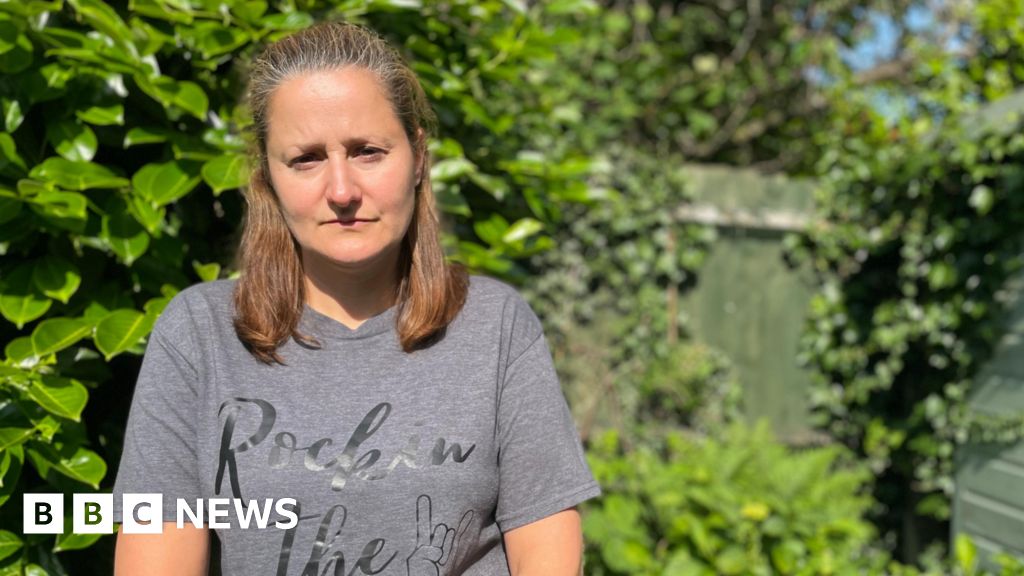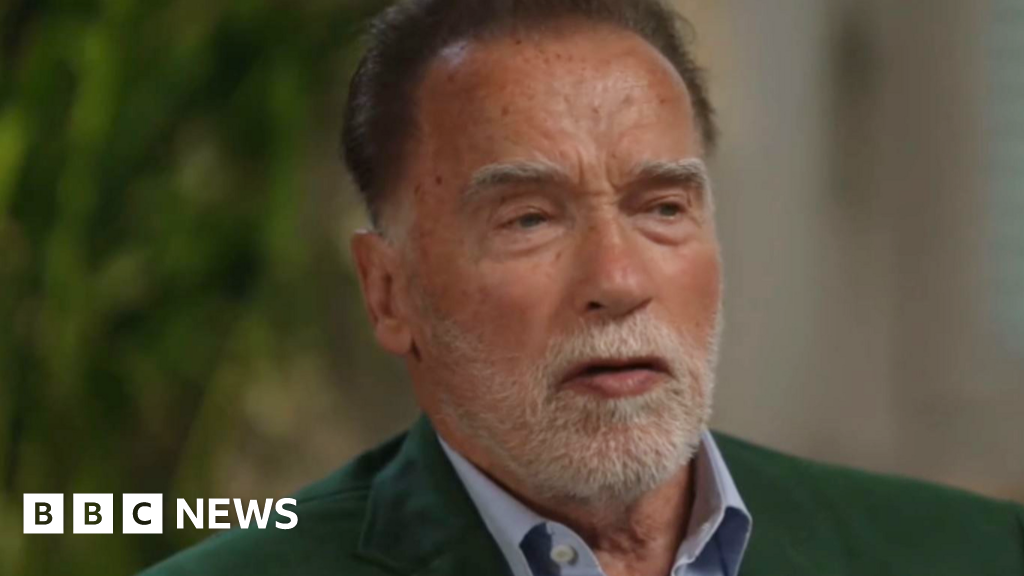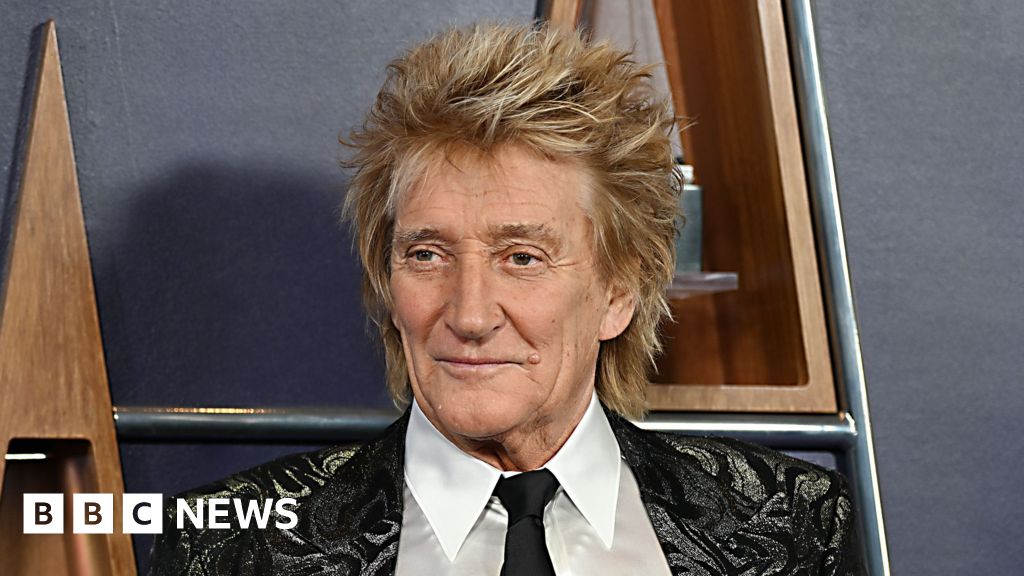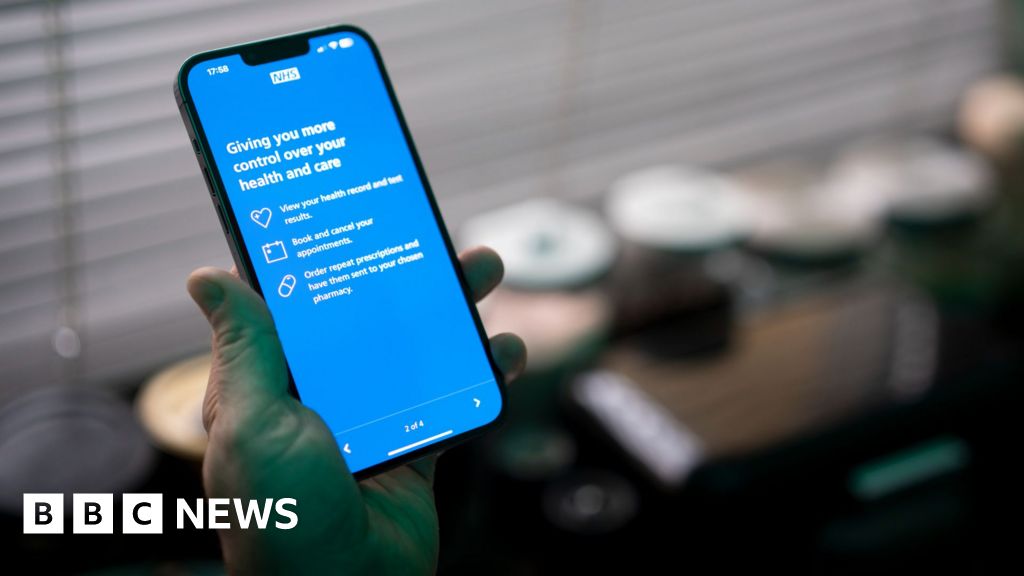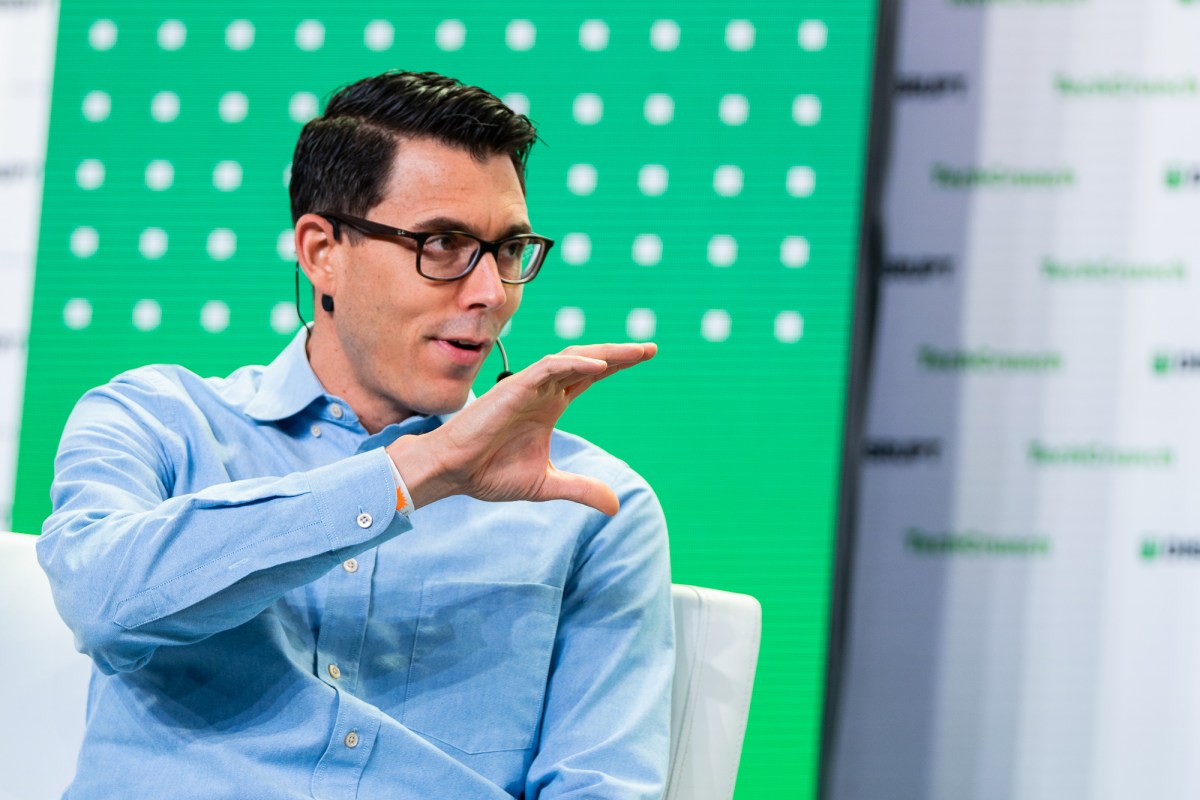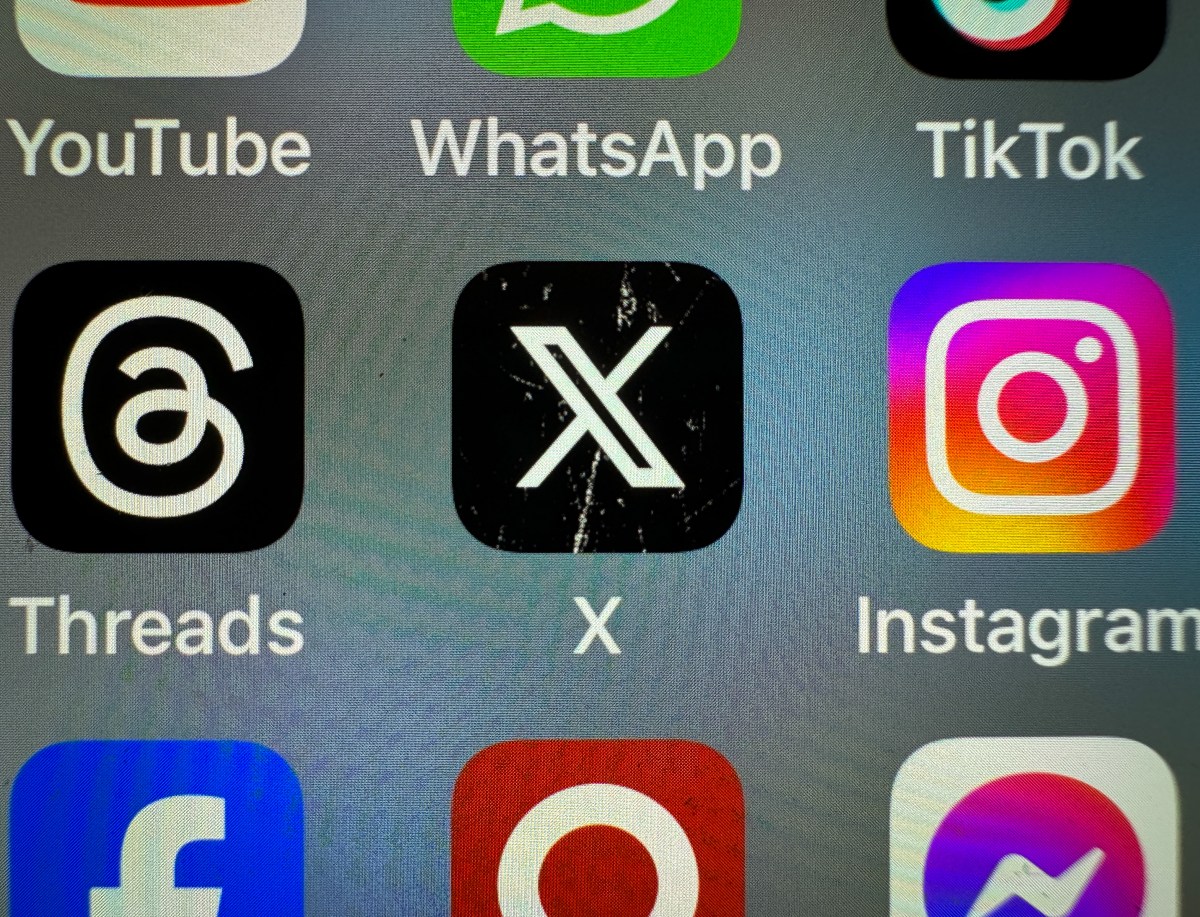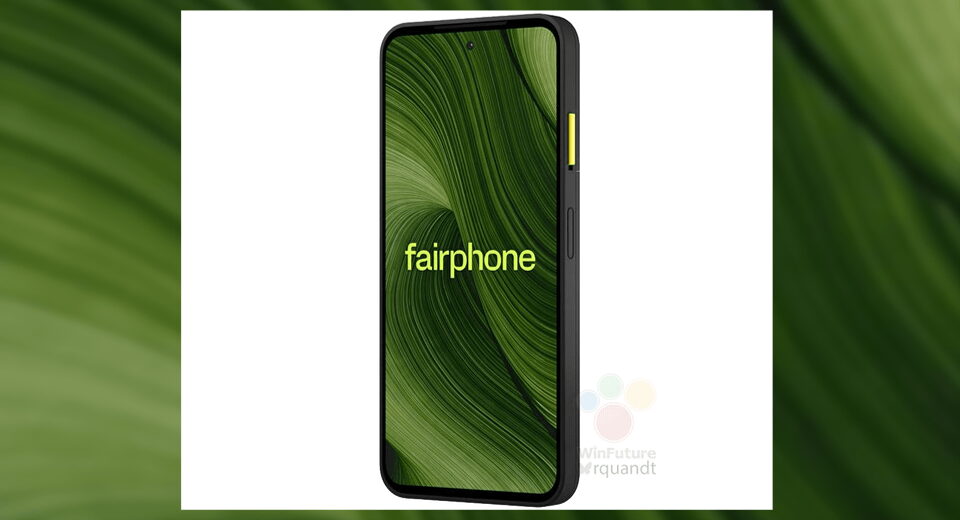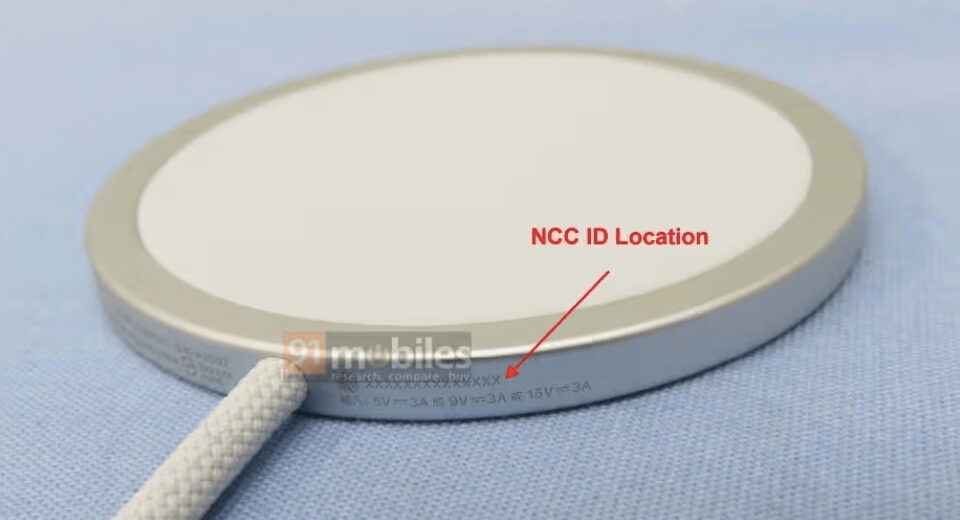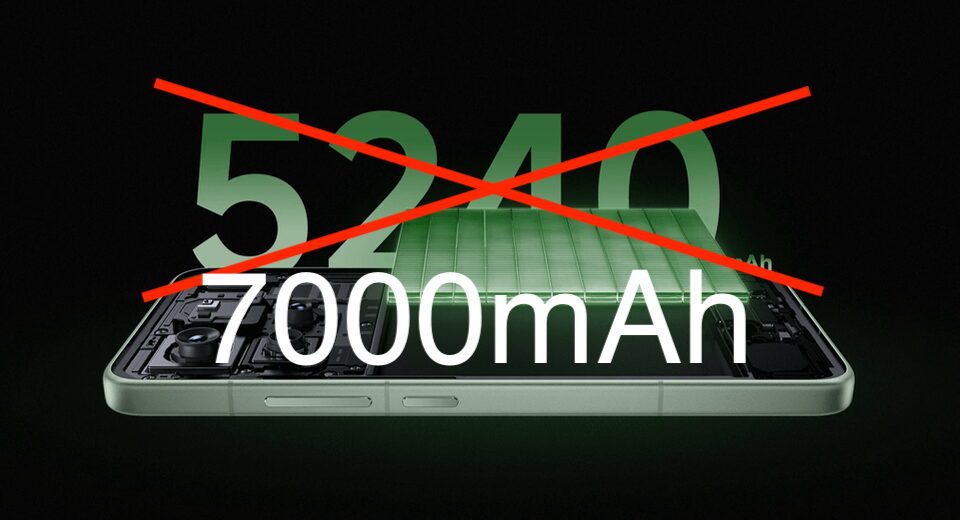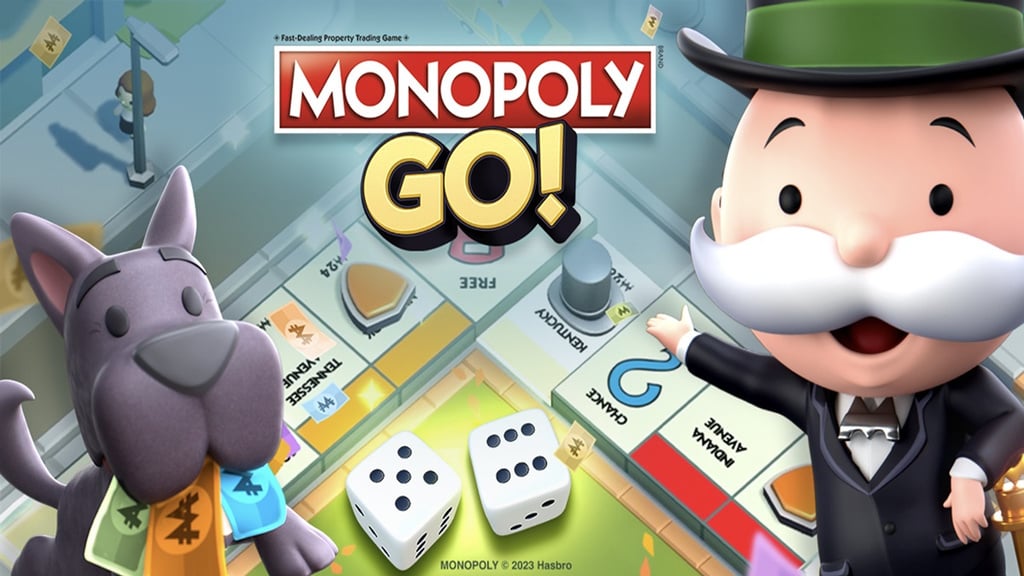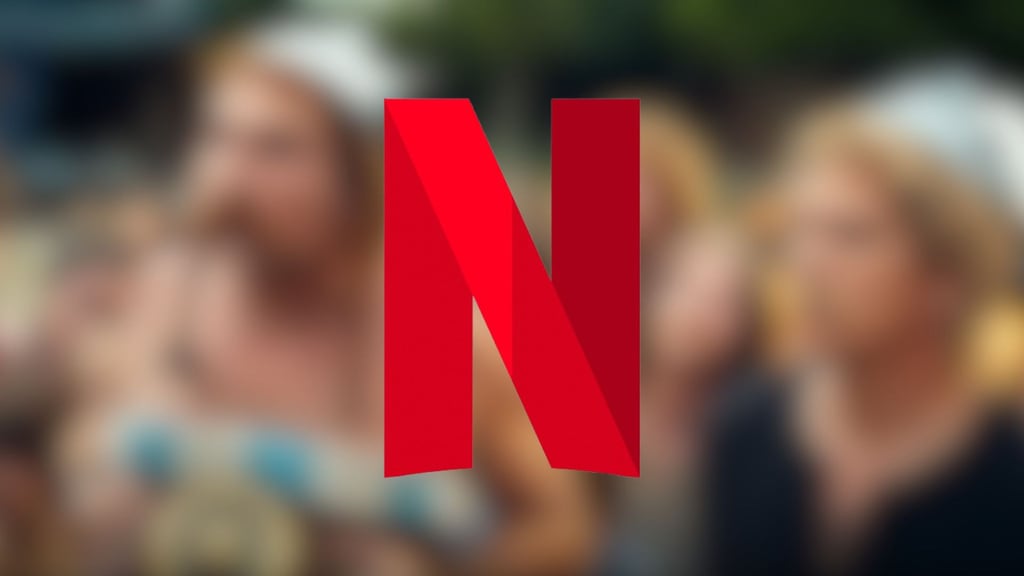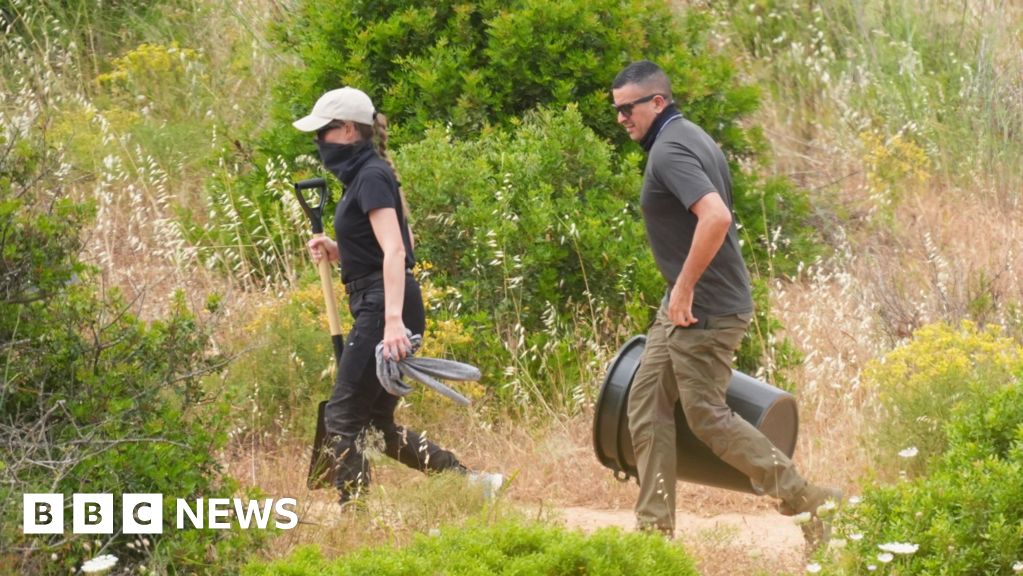Buyer With Ties to Chinese Communist Party Got V.I.P. Treatment at Trump Crypto Dinner

The Trump White House has repeatedly sounded an alarm about visitors with ties to China’s Communist Party coming to the United States, arguing that they are a potential security threat.
But the administration appears to have literally left the door open to a member of a Chinese government group when it went along with a plan to give the biggest purchasers of President Trump’s digital currency access to the president and the White House.
Mr. Trump launched a so-called memecoin, a type of cryptocurrency, just days before his inauguration. To bolster sales, the president’s business partners created a contest in April, offering the coin’s top buyers a tour of the White House and a private dinner with Mr. Trump at his Virginia golf club.
One of those buyers was He Tianying, who is a member of the Chinese People’s Political Consultative Conference, according to government documents in China examined by The New York Times.
That government group, referred to as the C.P.P.C.C., is an advisory body that seeks to broaden the Communist Party’s influence and solicit support from influential people in Chinese society.
Mr. He, who was registered at the Trump event as a resident of Hong Kong, advises the Chinese government through his role as a delegate of the Fangshan C.P.P.C.C., a district of Beijing. He is listed as a member of the organization’s science and technology committee. The Times could find no indication that Mr. He is a member of the Communist Party, and the government body he serves on is fairly low level.
There were no restrictions on who could buy the Trump memecoin — which was marketed like a collectible baseball card — including foreign nationals. But the winning buyers were given the opportunity for close proximity to the president. It is not clear why Mr. He wanted to attend.

Still, at a time when the administration is seeking to scrutinize and revoke the visas of Chinese students with ties to the Communist Party, the incident illustrates inconsistencies in the Trump administration’s approach to how it handles Chinese nationals, as well as potential weaknesses in the background checks the Trump administration did on the guests who bought his memecoin.
Karoline Leavitt, the White House press secretary, said in an interview that the dinner was a private event and that government officials were not closely involved. “As the White House has always maintained, this was not an official White House event,” she said.
Once a crypto skeptic, Mr. Trump has done an about-face and declared himself a digital coin enthusiast, raising ethical concerns and blurring the line between his personal business ventures and the presidency. His family’s company has issued its own cryptocurrency, and he has also heavily promoted the memecoin, known as $TRUMP.
The memecoin dinner engendered strong criticism from Democrats, government watchdogs and even some Republicans about the appearance of monetizing the presidency for personal gain. The event was arranged by the president’s business partners to directly enrich the first family, even as Mr. Trump spoke that evening behind a stand emblazoned with the presidential seal.
Bidders competed to accumulate the largest holding of the coin over several weeks. The top 220 won a dinner with Mr. Trump, and the top 25 also got a “V.I.P.” tour of the White House.
The buyers used self-adopted nicknames that disguised their identities, but The Times obtained copies of several pages of an official sign-in sheet for the dinner and over the past two weeks has been examining the biographies of many of the attendees.
Mr. He, using the nickname Sky, owned $3.7 million worth of the memecoin, public transaction records show, at the time the contest ended. He was ranked as the seventh-largest buyer of the cryptocurrency, which entitled him to a gold-colored V.I.P. wristband for the event.
The day after the dinner at Mr. Trump’s golf club, Mr. He was observed by a reporter from The Times entering the White House for the tour that had been set up by Mr. Trump’s business partner Bill Zanker, who created the Trump memecoin.
Mr. Zanker and the Trump family share in the revenues from the memecoin business, which has already totaled at least $320 million, according to an estimate by Chainalysis, a crypto forensics group.
After the tour, Mr. He, using a social media account under his Sky pseudonym, posted a series of photos from the dinner and White House tour, which he electronically modified to cover his face. The Times was able to establish his identity through publicly available information, including photos and biographical information on his company website.
Mr. He made several waves of purchases during the three weeks of the memecoin contest, according to the transaction records.
“May I have the pleasure?” he wrote in one social media post, showing off his standing as one of the top owners of the memecoin, several days before the contest ended.
Mr. He declined to comment as he entered the White House, and he did not respond to follow-up emails, calls and text messages from The Times.
The dinner invitation sent to Mr. He stands in contrast to the statement Mr. Trump issued on Wednesday, arguing that his administration needed to urgently move to block visas for certain Chinese nationals, including those attending Harvard University, as “the Chinese Communist Party has sent thousands of midcareer and senior bureaucrats” to the United States. He said this order was for “crucial national security reasons.”
A senior White House official, who asked not to be named because of the sensitive nature of the matter, said this week that the presence of Mr. He at the dinner and White House tour was unfortunate and that overall the memecoin dinner had created unnecessary questions.
But the White House official added that it had occurred because Mr. Trump “carelessly committed” to his longtime friend and business partner Mr. Zanker that he would be a part of it. The official added that Mr. Trump was not notified who would be attending and was unaware of Mr. He’s background.
Supporting the Party
The mission of the Fangshan District division of the C.P.P.C.C., which lists Mr. He as a member, is to “uphold the overall leadership of the Communist Party of China and strengthen the common ideological and political foundation,” the group says in describing one of its meetings this year.
C.P.P.C.C. committees are advisory bodies to China’s rubber-stamp legislatures at the national, provincial and, like Fangshan, district or county levels. Members can make policy recommendations to the legislative bodies, called People’s Congresses.
These committees are part of the Communist Party’s United Front system, which is devised to co-opt broad segments of the population, including entrepreneurs like Mr. He, into supporting and carrying out the party’s policies. The C.P.P.C.C. bodies also act as networking clubs.
“When you are a C.P.P.C.C. member, you are expected to be a part of the United Front system and carry the water where the party asks you to,” said Peter Mattis, the president of the Washington-based Jamestown Foundation who studies the United Front.
The Times turned up documentation on Chinese government websites showing Mr. He’s participation in the C.P.P.C.C. group, as well as an attendance list for the committee’s gathering in Beijing in January that included Mr. He’s name.
Chinese government records show that Mr. He is the majority owner of a Beijing-based investment firm, TechSharpe (Beijing) Capital Management Company, which says on its website that it uses artificial intelligence to “conduct quantitative investment in stocks.”
Recently, Mr. He has also promoted a crypto firm called LuckyFuture and has interacted on social media with Changpeng Zhao, the founder of the giant crypto exchange Binance. In a social media post, responding to an inquiry from The Times, Mr. Zhao said he learned about LuckyFuture after Mr. He reached out to him in the last few weeks. (A Binance spokesman did not respond to a request for comment.)
Mr. He came to the United States from China about a decade ago to get a master’s degree in finance at the Massachusetts Institute of Technology, before returning to China and becoming active in the C.P.P.C.C., which is noted in his TechSharpe biography. This made Mr. He just the kind of student Mr. Trump is now targeting.
But there was no hint of those kinds of fears in gracious invitations sent via email in mid-May to the dinner guests.
“Congratulations!” said the notice sent to Mr. He, with a photo illustration of a muscular, smiling Mr. Trump at a dinner table, with an American flag on his lapel. “We can’t wait to see you at the Gala Dinner.” (Mr. He posted a copy of these emails on his social media account.)
A Table of Foreign Visitors
According to a video taken at the dinner, the V.I.P.s at just one table illustrated how many of the guests had traveled from overseas, including from China.
Mr. He’s dining companions included Justin Sun, the Chinese-born billionaire who was the contest’s single largest buyer and one of the largest investors in the Trump family’s other crypto venture, World Liberty Financial.
Mr. Sun also has experience as a C.P.P.C.C. member. In 2016 he was named as a delegate for a committee in a district in Guangzhou, a city in southern China. Only 26 at the time, he was among the youngest people in the country to sit on a C.P.P.C.C. body.
“I feel that the responsibility is very heavy, and I must strive to adapt to the new role as soon as possible,” Mr. Sun was quoted in state media as saying at the time. (His representatives did not respond to a request for comment.)
Also seated at the table were Cheng Lu, a Singapore-based crypto investor, who told The Times in an interview outside the White House that he bought a large amount of the family’s memecoin because he wanted a chance to privately meet with Mr. Trump.
Sheldon Xia, the founder of BitMart, a cryptocurrency trading platform backed by China-based Fenbushi Capital, joined them at the table, along with Sangrok Oh, the chief executive of Hyperithm, a Seoul- and Tokyo-based firm that manages digital assets for institutional investors.
Guests invited to the dinner were “required to fill out a brief form as part of the security background check to gain entry to the event,” according to an email sent to the winners. The questionnaire was created with a service called CryptoComply offered by the New York-based firm Canaria Consulting. It requested information such as name, date of birth and place of residence.
The 25 top Trump memecoin holders had their names submitted to a background check system called White House Worker and Visitor Entry System, a government official told The Times. This system compares the names of the pending visitors with government databases that include terrorist watch lists and lists of known criminals.
“The U.S. Secret Service is responsible for vetting all White House visitors and guests, and we fully trust their process in doing so,” said Ms. Leavitt, the White House press secretary.
Some guests at the dinner said they were surprised at how lax the security appeared at the event. People not on the guest list were in certain cases allowed to enter the golf club grounds that evening and remain there after Mr. Trump arrived, The Times also confirmed.
“I expected more from the security questions,” said Nicholas Pinto, a Florida resident and crypto trader who attended the dinner. “It was very basic. And next thing you know, I am standing there in the room with President Trump.”
David A. Fahrenthold, Dylan Freedman and Eileen Sullivan contributed reporting. Susan C. Beachy contributed research.
What's Your Reaction?
 Like
0
Like
0
 Dislike
0
Dislike
0
 Love
0
Love
0
 Funny
0
Funny
0
 Angry
0
Angry
0
 Sad
0
Sad
0
 Wow
0
Wow
0
